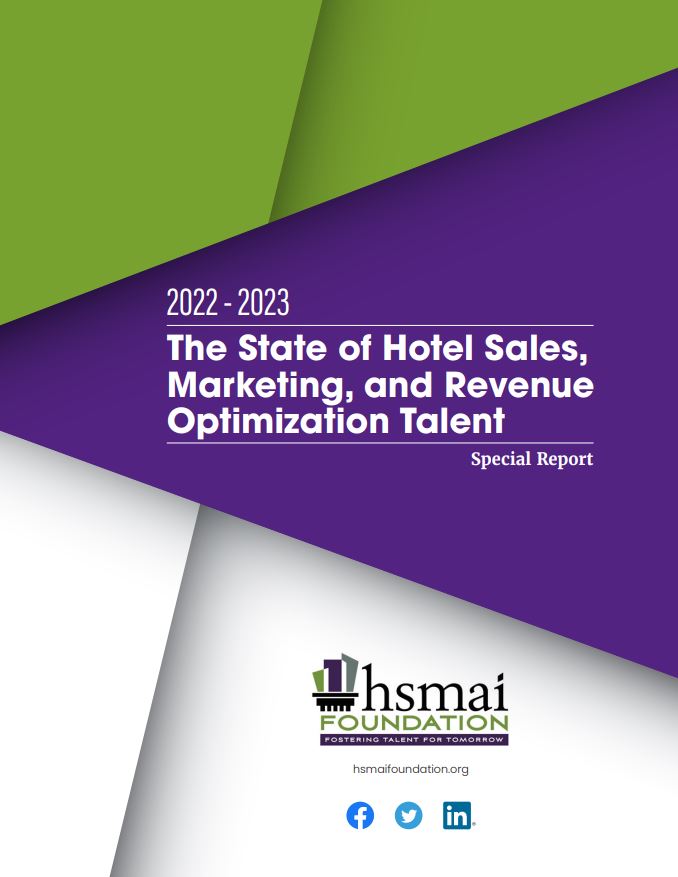Flexible work means many different things, including flexible location, hours, time off, earning potential, job sharing options, and more.
“It’s still the Wild West” is how one senior executive described it. “We have an SOP, which gives us a guideline, but we’re flexible on an individual basis, and more so in some departments than others. Building fairness and equity into the policies is crucial.”
Benefits of Flexible Work
- Companies broaden their talent pools and recruitment quality.
- Many companies report increased productivity, enhanced retention, and easier recruitment.
- Sharing employees across multiple properties can result in cost savings.
- Shared positions can be more easily created and accommodated.
- Working from home reduces commuting time and cost.
- Not having to dress for work saves time and money.
- Women and people from historically underrepresented groups are shown to benefit from work-from-home policies, they report experiencing less discrimination and stress.
Hotels have always had flexibility around hours, time off, and shift patterns due to the 24/7 nature of the on-property hotel environment, which appeals to college students, care-givers, people with second jobs, and increasingly to older workers re-entering the workforce or seeking shorter hours. These employee-friendly policies increase attraction and retention. LinkedIn research shows that across industries, 80% of jobs can have some flex component.
Challenges of Flexibility
Expanding flexibility for above property workers is not as easy due to the shorter hours of operation, space constraints, and the nature of the work. Some managers report that having flexible scheduling and hybrid options allows employees to cover employment gaps caused by attrition or absenteeism, and individuals who work hybrid cause less disruptions when they need to stay home when sick.
Remote work was the norm for some sales, marketing, and revenue optimization positions. Most hoteliers, however, have always been location based, even in corporate environments, where “everyone under one roof” was the way work was organized.
Employees are driving the need for options. Enforced working hours (“face time”) rather than a focus on productivity and work completion can have a detrimental effect. The pandemic has made work-life balance a priority for many people. Just knowing there is flexibility can support both mental health and wellness.
Productivity Monitoring
Managing remote workers requires new management skills and possibly different metrics to judge productivity. It is also challenging to keep remote workers plugged into the day-to-day office conversations and to consider them equally for new projects or positions. A conscious effort to build an informal communication network amongst all workers in a group can ensure that remote workers aren’t excluded from the community.
Staff training is another important consideration for flexible work. Flexibility often requires more discipline and resources than full-time in-office employees need. Setting standards and metrics that are fair without regard to work time and location can be challenging. HSMAI has a multi-year project across sales, marketing, and revenue optimization professionals to document and define KPIs.
Calls to Action
- Review the status of your flexible work options.
- Audit your policies annually as this continues to evolve.
- Talk to colleagues, review your competition’s website, and ask your team what options they are finding most important, especially for retention.

To read more about the top talent trends, download The State of Hotel Sales, Marketing, and Revenue Optimization Talent 2022-23: HSMAI Foundation Special Report.
